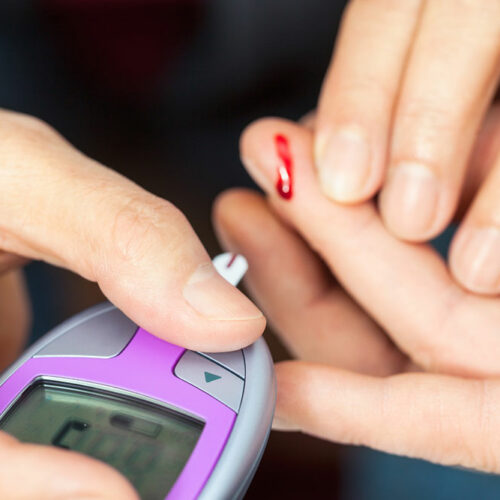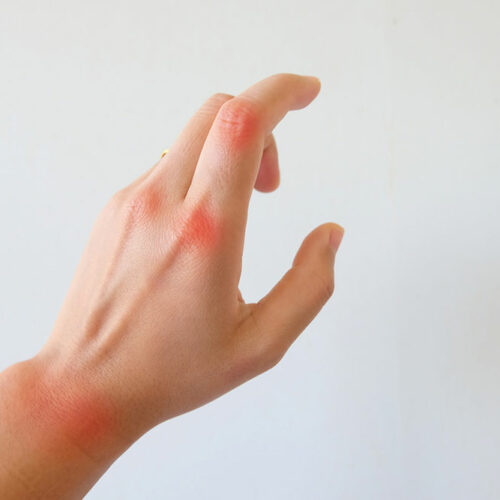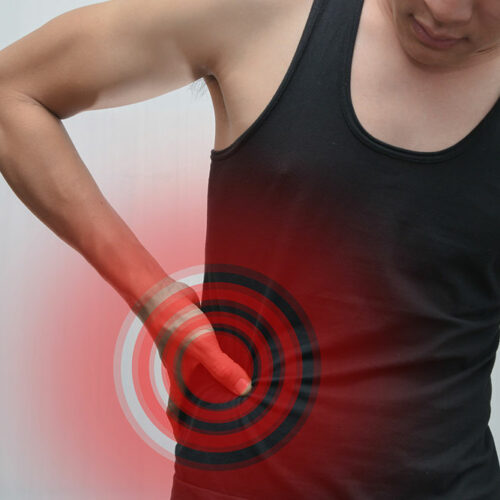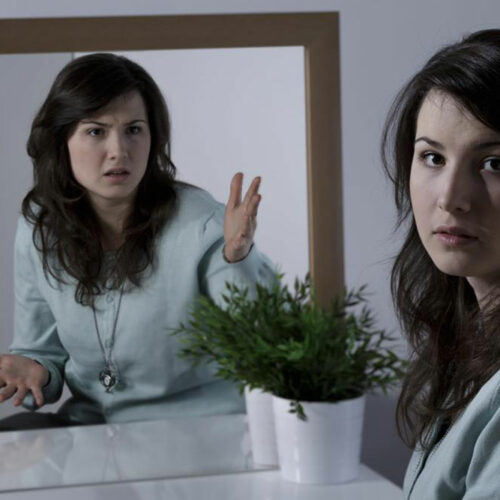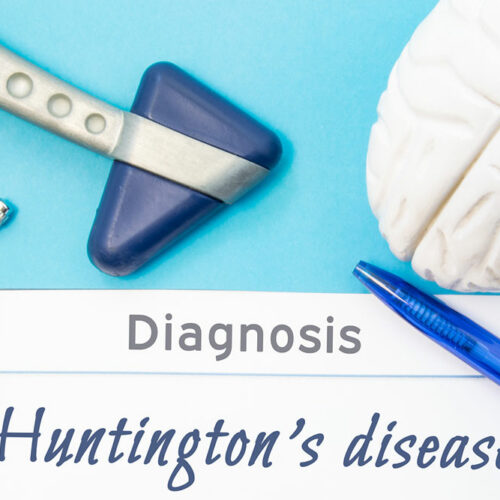
Signs and Symptoms of Huntington’s Disease
Huntington’s disease is not just a physical disorder. One needs to understand the physical and mental stress it causes along with its symptoms. Huntington’s disease causes a progressive breakdown (degeneration) of the nerve cells in the brain. The symptoms of Huntington’s disease develop mostly in people between the age of 30 to 40 years, but it can strike anyone from children to seniors. If a patient falls prey to this condition before the age of 20, it is known as juvenile Huntington’s disease. The symptoms of this condition vary depending on when one develops this disease. Over 10 to 25 years, it kills nerve cells in the brain which affects the body, mind, and emotions of a patient. The symptoms of Huntington’s disease differ from person to person, and these symptoms can worsen if a person goes through a lot of stress and excitement. The initial signs such as abnormal movements are easily detectable. Weight loss is a constant cause of a concern through all stages of this disorder. Medical science has progressed a lot, and now, medicines are available for dealing with the symptoms of Huntington’s disease. However, one cannot prevent the physical, mental, and behavioral decline associated with the condition through treatment. Symptoms With a broad range of signs and symptoms, Huntington’s disease typically causes movement, cognitive, and psychiatric disorders. Some disorders appear to be more aggressive and have a significant effect on a patient’s ability to function normally. Movement disorder Huntington’s disease is linked to involuntary movements as well as impairments. A patient may exhibit actions such as: Involuntary yanking or writhing movements (chorea) Rigid or contracture muscles (dystonia) Abnormal or slow eye movements Impaired gait, posture, and balance Difficulty in speech or swallowing As time passes by, the symptoms may interfere with a patient’s day-to-day life.
Read More 